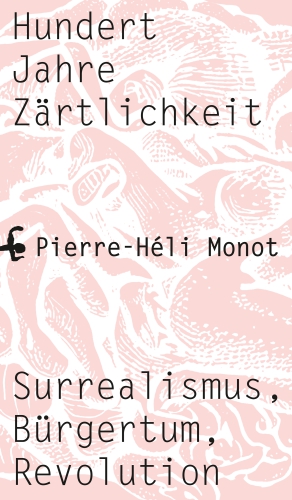In the politically contested and eventful 20th century, surrealism, as conceived by André Breton in his First Surrealist Manifesto in 1924, has a special status: although it is rarely received and narrated today as anything other than an artistic avant-garde, it was in fact a bourgeois awakening movement that attempted to confront the bourgeoisie itself with its own contradictions. In novels, essays and poems, the surrealists conceived a policy of minimal demands that the bourgeoisie should make of itself: if the bourgeoisie did not fulfil these minimal demands for honesty and consistency, it should be abolished. In both cases, the values of freedom, equality and solidarity would be realised by giving up bourgeois privileges and fighting for common values. One hundred years after its proclamation, surrealism is highly topical for our crisis-ridden present, in which the bourgeois class not only fails to recognise that it hardly has any common class interests, but is also completely and historically paralysed in the face of increasing inequality. The radical concept of freedom that emerges from the surrealist programme allows us today to think of a politics of possibilities in the face of apocalyptic prospects – if we not only historicise surrealism in celebration, but once again understand it as a concrete starting point for political movements. But this is ultimately a book about a historical precedent: bourgeois revolts against the bourgeoisie are always also moments of disinhibition, the price of which society may ultimately have to pay.
Non-fiction
Pierre-Héli Monot, born in Lausanne (Switzerland) in 1981, teaches aesthetics and political theory at the American Institute of the Ludwig Maximilian University in Munich.







